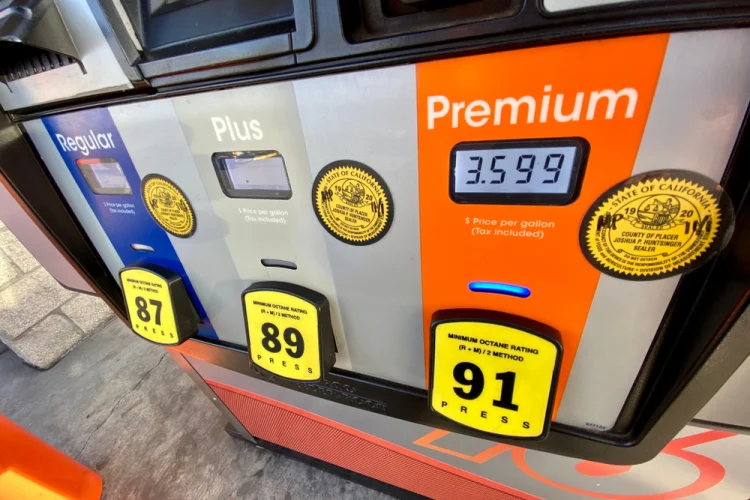If you’ve ever stood at the gas pump debating whether to buy regular or premium fuel, you’re not alone. The question becomes even more interesting when you bring octane boosters into the mix. But do these products genuinely make a difference, or are they just clever marketing? Let’s explore what octane boosters are, how they work, and whether choosing a premium product over a regular one is really worth your money.
At its core, an octane booster is designed to increase the octane rating of gasoline. The octane rating measures a fuel’s ability to resist knocking or pinging during combustion—a problem that can harm engine performance and longevity. Higher octane fuels are typically recommended for high-performance or turbocharged engines that operate under higher pressure.
Regular octane boosters usually claim to add only a few points to the octane rating. These products often contain simple additives that can slightly improve resistance to knocking. While this can help reduce engine knock in older vehicles or under heavy load, the effect tends to be modest. Drivers of standard sedans or compact cars running on regular fuel may notice little to no change in performance or fuel efficiency.
On the other hand, premium octane boosters often come with advanced formulas. They might contain powerful detergents and performance-enhancing chemicals that do more than just raise the octane number. Some are designed to clean fuel injectors, reduce carbon buildup, and stabilize fuel during storage. The combined effect can lead to smoother acceleration, reduced knocking, and even slight improvements in horsepower in engines that truly need higher octane.
But do you really need a premium product? The answer largely depends on your car. If you drive a performance vehicle, sports car, or turbocharged engine, the manufacturer may recommend or require premium fuel. In these cases, using a quality booster when high-octane fuel isn’t available could protect your engine and help maintain performance. However, if your car is designed to run on regular fuel, adding a premium booster is unlikely to transform its performance. The car’s engine management system is tuned for a specific octane level, and pushing beyond that won’t necessarily unlock hidden power.
One thing to keep in mind is that not all boosters are created equal. Cheaper options might promise dramatic results but deliver only minor changes. Premium products from reputable brands often undergo more thorough testing and include ingredients that truly support engine health. If you’re interested in trying one, consider a premium octane booster that’s backed by solid reviews and clear performance data.
Ultimately, octane boosters aren’t magic in a bottle—but they can help in the right situations. For everyday drivers using regular fuel in a standard engine, the difference is usually small. For enthusiasts driving high-compression engines, premium boosters can play a real role in protecting against knock, improving throttle response, and keeping the engine running smoothly.
In the end, understanding your vehicle’s needs—and choosing products wisely—is the best way to decide whether to stick with regular or invest in premium octane boosters.



Recent Comments